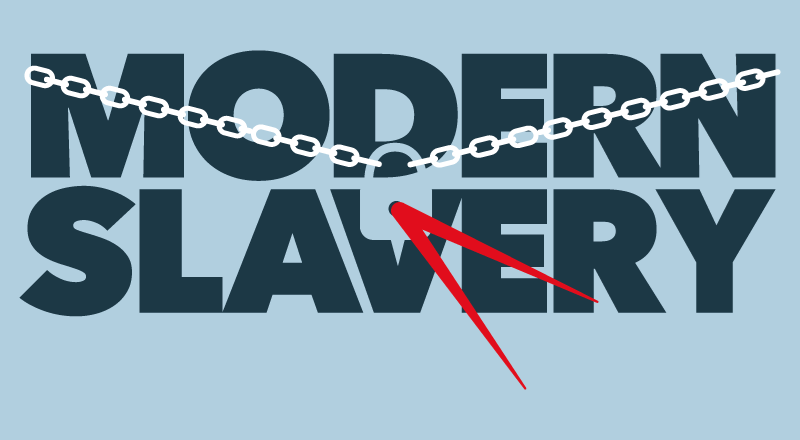Under the legislative changes, part of the broader audit reform agenda, the definition of a public interest entity (PIE) will be expanded to include private companies, AIM-listed companies, and third sector companies that have 750+ employees and £750m turnover. It’s become known as the 750:750 test. Once the new regulator, the Audit, Reporting and Governance Authority (ARGA), is established it will also have greater enforcement powers over directors of PIE companies. But will this move achieve the government’s stated aim of improving corporate governance and audit quality?
Although ICAEW broadly supports the audit reform agenda and has indeed been encouraging government to introduce reforms, there are some points that are causing consternation.
In its response to the Financial Reporting Council (FRC) consultation, ICAEW said: “It’s unfortunate to see the PIE definition being set at a relatively low level, where many businesses have a much lower public interest profile than those the measures should be targeted at. This risks stretching ARGA’s resources thinly, while significantly increasing the resources needed across the economy to implement the new regime. A more effective solution, as we had suggested, would have been a more focused PIE definition and a more robust regime including internal control effectiveness.”
The government also dropped a proposal for a US-style Sarbanes-Oxley rule, with legislation requiring company directors to personally sign off on their internal controls. Instead, the proposal is to be picked up by ARGA through the UK Corporate Governance Code. But BEIS will proceed with the proposal that directors of PIE companies should report on the steps taken to prevent and detect material fraud. PIE companies will also be required to publish a Resilience Statement and an Audit and Assurance Policy.
For those many audit firms, it is expected to be a logistical nightmare.
PwC’s Geoff Swales says: “For those that currently aren’t auditing PIE audit clients but have a client that’ll now fall into that definition, it’ll be a world of difference for them in terms of getting registered to audit PIEs, getting their Responsible Individuals (RIs) registered to audit PIEs, updating their guidance and policies, etc. It’ll be a significant change for any firms new to PIE audits.”
But with potentially 600 new companies falling into the new definition of PIE and the average audit fee income from PIE clients rising, the change could prove beneficial to firms.
According to the 19th edition of Key Facts and Trends in the Accountancy Profession, published by the FRC in 2021, there was an increase in the growth rate of total fee income in 2019/20 for all firms with PIE clients, with an increase of 13.1% for non-Big Four firms compared with a 2.7% increase for the Big Four firms.
The FRC data found that the average audit fee income per Statutory Auditor/RI for 2020 for all firms with PIE clients was £1.68m, an increase of £70,000 from 2019.
The Big Four audit the majority of PIE clients, with PwC auditing 424 PIE audits, KPMG 279, EY 262 and Deloitte 302, according to the FRC data. Among the mid-tier and smaller firms, many, including Haines Watts, Watson Buckle and BSG Valentine, had just one PIE audit each.
With the new requirements set to take effect, there are concerns about capacity, whether there will be enough auditors to take on the work, and whether firms will resign from PIE audits.
ICAEW’s Katharine Bagshaw says: “As a general rule, when regulation gets ramped up, some firms will step up, but others will drop out. For some, it’s just not worth it, particularly if they’ve been doing just one or two PIE audits for years and they don’t really want to move into that market. They’re going to resign. And we’ve heard that from some firms.”
For those that want to enter the PIE market or gain more PIEs, the process will be resource-intensive.
Swales says: “The independence regime for PIEs is much more significant on issues like providing non-audit services. If you haven’t already got well-established processes around making sure you’re not providing non-audit services to clients you shouldn’t, all of those policies and procedures will need to be updated.”
Bagshaw also points to the different skill set required for PIE auditors, given the greater scrutiny. Since 17 June 2016, audit firms that audit PIEs are subject to review by the FRC’s Audit Quality Review team.
She says: “PIE auditors have to deal with greater regulatory scrutiny, and they do need to be aware of the nature and extent of documentation the FRC expects for compliance purposes.”
With the audit reform bill relegated to ‘draft’ status, the measures are unlikely to take effect much before 2024 and may be subject to further delay or alteration before then. Still, if firms are interested in registering to audit PIE clients, they are being encouraged to do so this autumn. Preparation is vital in this new landscape.
Recent articles
Future of audit
Following the UK government's feedback statement on audit and corporate governance reform, we explore the various factors shaping the profession in 2022.



